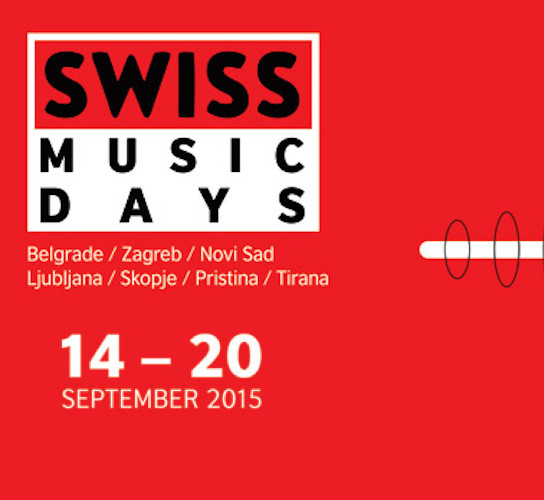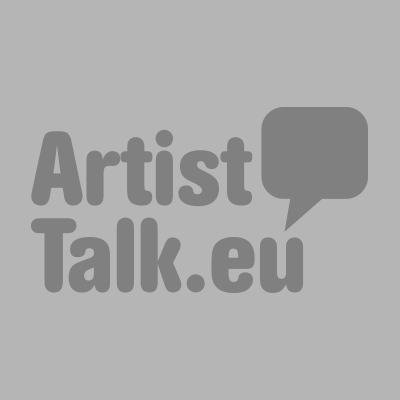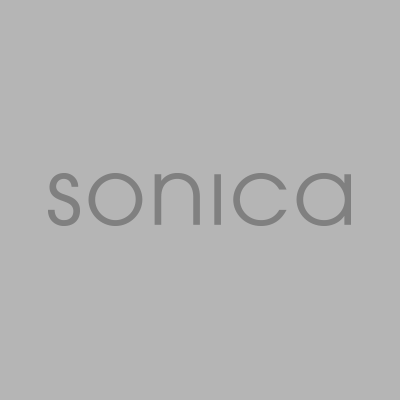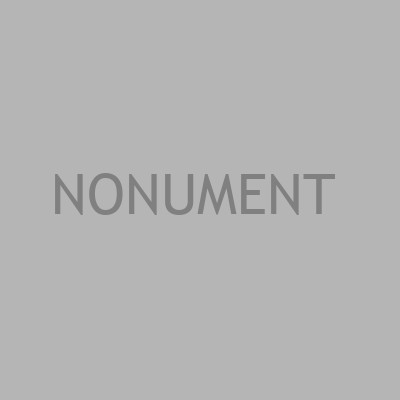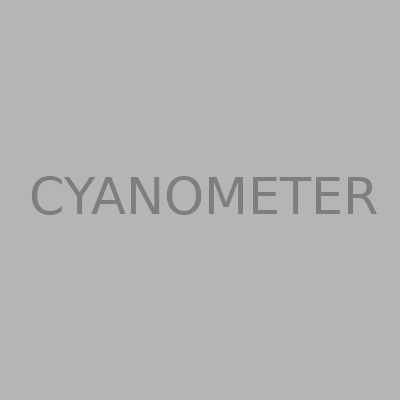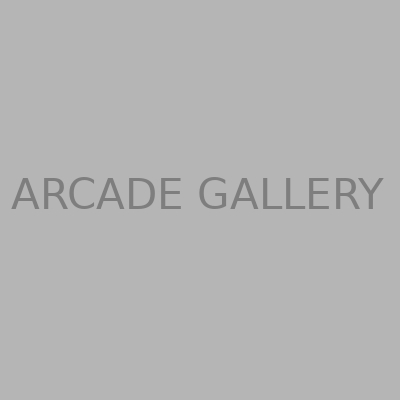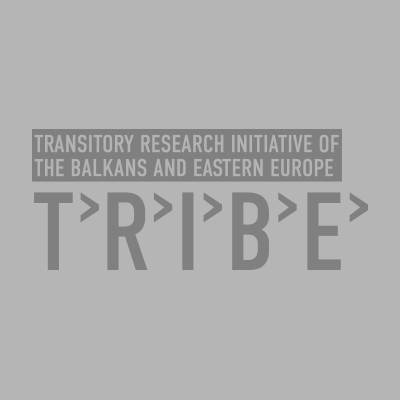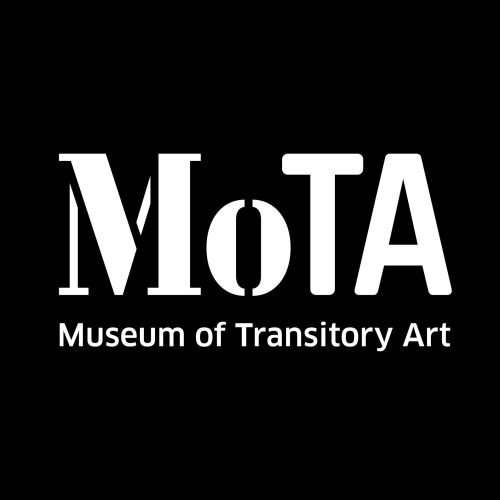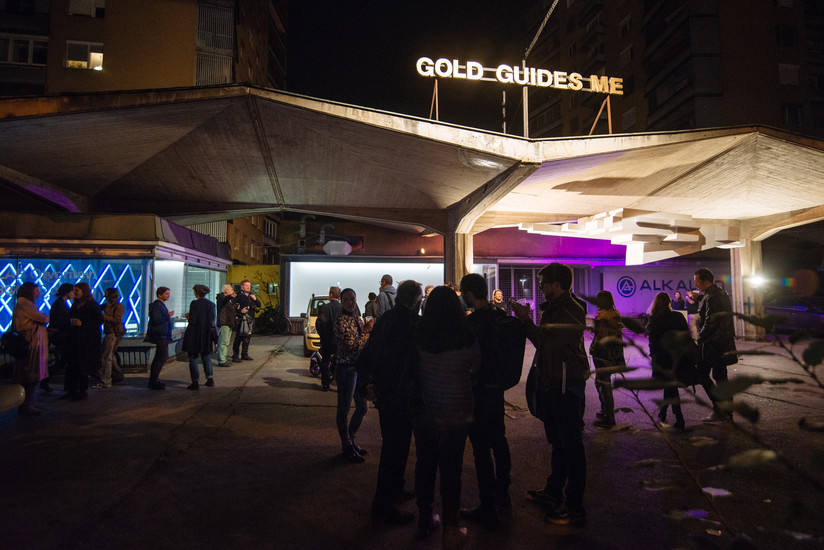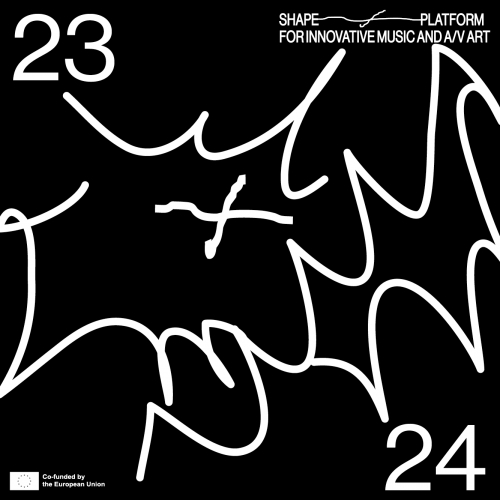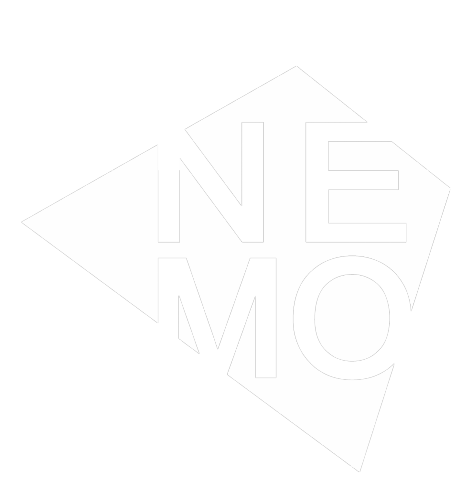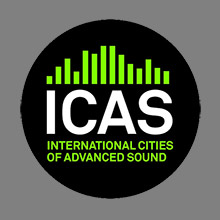SWISS MUSIC DAYS 2015
Swiss Music Days 2015 is the second edition of a festival dedicated to contemporary exploratory and innovative music that fosters sonic exchanges between artists from Switzerland, ex-Yugoslavian countries and Albania. Throughout the festival a series of concerts and workshops will be presented, ranging from jazz to avant-garde, including many premieres and an exclusive collaboration between two leading new music ensembles from Switzerland and Serbia, Ensemble Phoenix and Ensemble Studio6 respectively. The concerts will take place in Belgrade, Ljubljana, Zagreb, Novi Sad, Priština, Skopje and Tirana. The festival thus joins 6 countries, 7 cities, 16 concerts and 2 workshops. Among the performers this year are Urs Leimgruber, Elina Duni 4tet, Blank Disc, Irena Tomažin, Tomaž Grom, Svetlana Spajič, Luka Ivanovič aka Lukatoyboy, a.o. We spoke with Jonas Kocher who is the artistic director of the festival along with Bojan Đorđević.
As an artist and improviser you have been gravitating towards Balkan and East European countries a lot right from the start of your career, playing with various musicians from the area and touring a lot in these parts. How do you see the various scenes in the region and their development in the last ten years?
The scene developed quite a lot and differently from city to city. Ljubljana and Belgrade are still the places where you will find the most active musicians and more concerts, and there is also slowly a younger generation coming. But thanks to dedicated organizers, cities like Zagreb and Novi sad also regularly welcome improv and experimental musicians, even if the local scene is less active. All that still remains very fragile, due to the big lack of state financial support. Other cities like Skopje, Priština and Sarajevo have much more difficulties and the few people involved or interested in experimental music there are very alone.
You have been involved in many projects with musicians from the region, with Blank Disc, Luka Ivanovič alias Lukatoyboy, with Tomaž Grom and Tao G. Vrhovec Sambolec in quartet Udarnik, with Irena Tomažin in project Intervention # 1, a.o. … and in organizing projects and festivals involving musicians form the region here and in Switzerland. What is your motivation and what was the main inspiration and motif for Swiss Music Days? What is the main aim of the biennial festival in the region?
The idea of the Swiss Music Days came from Bojan Djordjevic (Ring Ring Festival Belgrade). We quickly extended the idea to the whole region, joining forces together with most of all independent organizers from the cities around, which are regular partners for some years now. It is important for us to have all these people on the same program, musicians and independent places/organizers. This network is active throughout the year and does regular work underneath, so it’s not an artificial network just for the festival but a reality of the region.
How difficult is to bring such a festival to this region? The systems of funding here are quite different than is Switzerland, the infrastructure is different, the support for such music differs from country to country. And how to avoid criticism that it is just another patronizing project of “developed Europe” in the relation to the East and the Balkans?
This aspect is tricky…I come from a rich country where experimental music has a long tradition of being funded, which is not the case in the South-East region (except maybe Slovenia, but for how long still?…), and yes, as a Swiss musician you can afford to go and play in cities where you don’t get even door money, and that only because you have support from Switzerland in the back…. You can either then just present your own project and disappear after or you can also try to involve local musicians and to encourage exchanges and collaborations. This is what we try to do, and to use cultural activity as a powerful tool for exchange; with the audience and also with musicians and organizers. I think that at the end, it doesn’t matter from where the money is coming from , but what you do with it.
Free improvisation often functions as a sort of an international artist-run network. Probably this makes organization easier? Some bigger events like this year’s collaboration between two contemporary classical ensembles are probably more complicated to facilitate. How important is that the program co-director of the festival is Bojan Đorđević, who runs one of the most important festival in the region Ring Ring?
Bojan takes care of local coordination in Belgrade, which is the geographical center of the festival. The Elina Duni 4tet tour has been organized by herself (she has contacts we don’t have in Albania and Kosovo) and the other concerts in the region by myself. So, it’s a shared responsibility and work.
What are the main differences between the first edition of the festival in 2013 and this year’s edition in terms of programatic and curatorial choices? It seems that a lot more emphasis in 2015 SMD is on collaborations.
This time, we decided to focus on different types of collaborations and on a stronger presence of women artists, which were really underrepresented last time. This year we have a couple of exclusive duos and a 5tet, a workshop and a commission for two new music ensembles, one from Switzerland and one from Serbia.
Like your own artistic work the program of the festival is quite eclectic- from jazz, contemporary classical music, free improvised music to folk music and presented in various venues and contexts. How do you balance the friction between more institutionalized and non-institutionalized music scenes that are presented in the program?
It’s more a matter of spirit of the different musicians that participate, than of their origin (institutionalized and non-institutionalized). Even the ones that seem to be more institutionalized in the program are in reality always interested to work on the edges, musically and geographically. But it’s important for me to keep a general spirit of taking risks and being open and curious in the whole program.
As an improviser you will perform in a duo with Irena Tomažin and in quintet with her, Tomaž Grom and duo Blank Disc. You have collaborated with all of them before. What do you expect from these concerts and encounters?
This project has a strong background in terms of friendship and shared musical interests. It’s the first time we gather together after having collaborated for years but always in different settings. I expect a joyful and creative meeting, and I’m very happy that this project can happen this year.
Jonas Kocher will play a duo concert in MoTA Point with Irena Tomažin on 16th of September.

